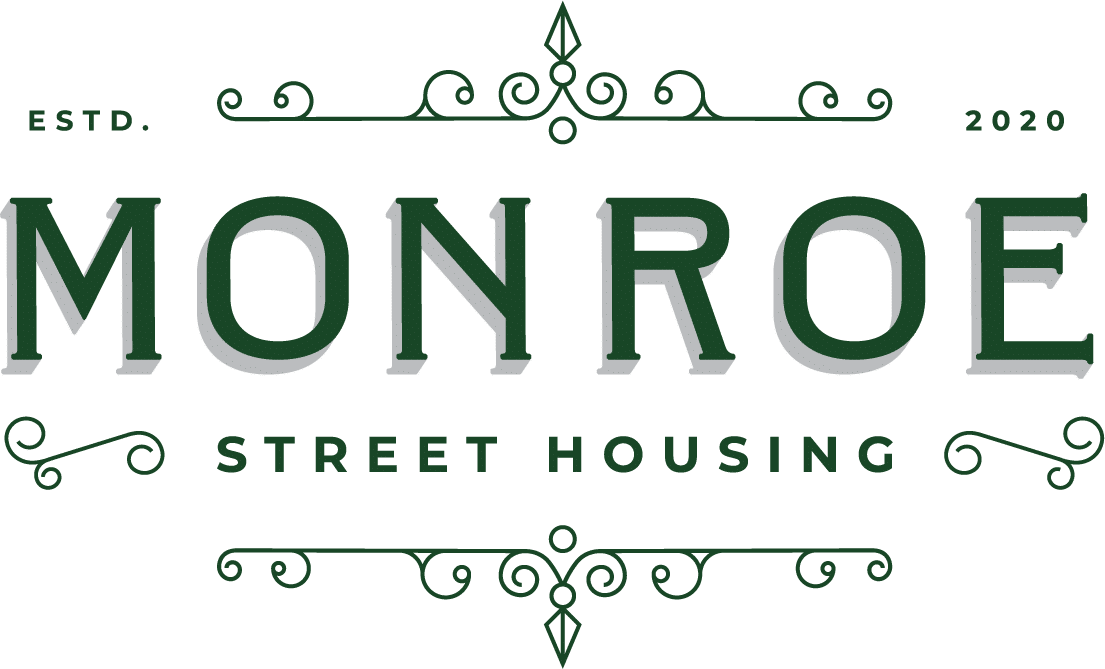Alcohol relapse is a common challenge that individuals in recovery may face on their journey towards sobriety. Recognizing the signs of relapse, including those specific to alcohol abuse, can be crucial in preventing a full-blown return to alcohol use.
By understanding these signs, both individuals in recovery and their support system can take necessary steps to address the issues before they escalate. In this article, we will explore the various signs of alcohol relapse and provide insights into addressing them effectively.
Understanding Alcohol Relapse
Before delving into the signs of relapse, it is important to have a clear understanding of what relapse entails. In the context of alcohol addiction, relapse refers to a return to drinking alcohol after a period of abstinence.
Relapse can happen for various reasons, including unresolved emotional issues (such as loneliness), stressors, or exposure to triggers. It is imperative to recognize that relapse is not a sign of failure, but rather an opportunity to learn and grow from the experience. Addiction to alcohol is a chronic disease, and it requires ongoing treatment and monitoring like other chronic diseases.
When an individual experiences a relapse, it is crucial to approach the situation with compassion and understanding. It is common for people struggling with alcohol addiction to face challenges along their recovery journey. Seeking support from loved ones, a therapist, or a support group can be instrumental in navigating the complexities of relapse and working towards sustainable sobriety.
Early Emotional and Mental Relapse Warning Signs
One of the first indicators of an impending relapse is an individual’s emotional and mental state. It is crucial to recognize that relapse is not solely a result of external triggers but can also be influenced by internal struggles.
Some warning signs that someone may experience relapse include:
As anger, resentment, or grief can increase the risk of relapse. Emotional relapse is characterized by defensive attitudes, anger, and isolation, indicating a return to unhealthy habits. Feelings of irritability, mood swings, and difficulty managing emotions may surface. Individuals may also experience persistent negative thoughts, self-doubt, or a sense of hopelessness as they come to terms with their previous addiction.
Individuals in recovery may face challenges in coping with stress, which can exacerbate emotional vulnerabilities. Mental relapse involves poor self-awareness, with signs such as cravings and euphoric recall (remembering substance abuse as more fun than it may actually have been) as looming signs of relapse.
The fear of failure or the pressure to maintain sobriety can create a significant burden on one’s mental well-being. To become sober often means to completely rethink or uproot one’s routine and social structure. These internal conflicts can manifest in various ways, highlighting the intricate relationship between emotional health and the risk of relapse.
The impact of past traumas on an individual’s mental state cannot be overlooked. Unresolved trauma can resurface during the recovery journey, triggering intense emotional responses and disrupting one’s equilibrium. The manifestation of trauma-related symptoms, such as flashbacks or hypervigilance, can significantly heighten the susceptibility to relapse. Therefore, addressing past traumas and having strategies to combat stress (such as positive affirmations) is essential for maintaining sobriety.
Behavioral Indicators of Relapse Risk
Behavioral changes can also provide valuable insights into the risk of relapse. They can be very obvious to a person’s friends and family, but the individual themselves may not be aware. One of the benefits of sober living is the fact that an individual is surrounded by people who recognize the signs and empathize with the recovering person’s feelings.
Behavioral signs that a person may soon relapse include:
- Increased secrecy
- Withdrawal from social activities
- Loss of interest in hobbies that were once enjoyed
- Changes in sleep patterns, appetite, and energy levels
- Sudden mood swings or unexplained irritability
- Sense of restlessness or discontentment
- Impulsive behaviors
- Decline in personal hygiene
- Neglect of responsibilities (such as skipping regular appointments and neglecting household chores)
It is essential for both the individual in recovery and their support system to address these behavioral changes proactively to prevent a relapse and ensure continued progress towards a healthier lifestyle.
Social and Environmental Triggers That May Cause Relapse
Social and environmental triggers can heavily influence the relapse process. Exposure to environments, people, or situations associated with past alcohol use can reignite cravings and make it challenging to maintain sobriety. Stressful life events, relationship conflicts, or peer pressure may also serve as triggers. Recognizing and avoiding these triggers, or developing strategies to cope with them effectively, is crucial in preventing relapse.
It is important to note that social triggers can vary greatly from person to person. For some individuals, social gatherings or events where alcohol is present can be particularly challenging. On the other hand, some people find that spending time with certain friends or family members who enable or encourage drinking can be triggering. Even imbibing in replacement beverages like nonalcoholic beer may cause further triggering.
Environmental triggers can also play a significant role in the relapse process. For example, passing by a familiar bar or liquor store on the way home from work may evoke memories of past drinking experiences. Living in a neighborhood where heavy drinking is normalized can increase the risk of relapse. Identifying and modifying these environmental triggers can help create a supportive and conducive space for maintaining sobriety in the long term.
Recognizing Justification or Romanticization of Alcohol
A common pattern preceding relapse is the justification or romanticization of alcohol. Individuals struggling with substance abuse may downplay their past struggles with alcohol, minimize the negative consequences, or convince themselves that they can control their drinking. Engaging in conversations or activities that glorify or normalize alcohol use can be dangerous red flags. Identifying and challenging these thought patterns can help individuals regain perspective and maintain their recovery.
It is crucial for individuals in recovery to be aware of the subtle ways in which they may start justifying or romanticizing alcohol. This can sometimes manifest in seemingly harmless behaviors, such as reminiscing about the “good times” they had while drinking or rationalizing that they deserve a drink as a reward for their hard work. These seemingly innocent thoughts can quickly snowball into a full-blown relapse if not addressed promptly. Learning how to relax without alcohol is an essential skill for maintaining mental health and managing compulsive behaviors.
Societal norms and media portrayals often contribute to the romanticization of alcohol consumption. Movies, TV shows, and advertisements frequently depict alcohol as a symbol of celebration, relaxation, or sophistication, creating an environment where excessive drinking is normalized. It is important for individuals in recovery to critically analyze these messages and recognize that the reality of alcohol use is often far from glamorous or harmless. By staying vigilant and challenging romanticized notions of alcohol, individuals can safeguard their sobriety.
What to Do If You Notice Relapse Signs: A Relapse Prevention Plan
If you recognize any signs of relapse in yourself or a loved one, it is crucial to take action promptly. Reach out to your support network, including friends, family, or healthcare professionals, for assistance. Openly communicate your concerns and seek guidance from individuals who understand the challenges of recovery. Adapting treatment plans, participating in therapy, or attending support group meetings can provide valuable resources to navigate these challenging times.
Remember, relapse does not equate to failure. It serves as an opportunity for growth, self-reflection, and learning. But you can improve your chances of not relapsing by having a relapse prevention plan in place. If you are in a formal treatment program, the medical professionals around you will be able to help you create one. If not, ask the people around you for feedback on which withdrawal symptoms they’ve seen displayed in you. Use this information to draw up a plan to help you prevent alcohol relapse in your own life.
It’s important to recognize that recovery is a journey with its ups and downs. Relapse can be a common occurrence in the recovery process, but it does not diminish the progress made so far. It’s essential to approach relapse with compassion and understanding, focusing on learning from the experience and using it as a step toward stronger sobriety. Recovery meetings are a vital component of a person’s support system during the recovery process, and neglecting these meetings can lead to a disconnect from critical support.
During this time, self-care becomes even more critical. Engaging in activities that promote relaxation and stress relief, such as meditation, exercise, or spending time in nature, can help individuals cope with the emotional challenges that may arise during a relapse.

Build up Long-Term Recovery Skills with Monroe Street Sober Living
A relapse doesn’t mean the end of the journey through recovery. But it’s essential to have a support network around you to ensure your mental health and a healthy perspective on substance use. At Monroe Street Sober Living, we provide a safe place where those recovering from substance use disorders can learn life skills, attend support groups, and avoid relapse. Contact us to learn more about how we can help with your recovery from substance abuse.














